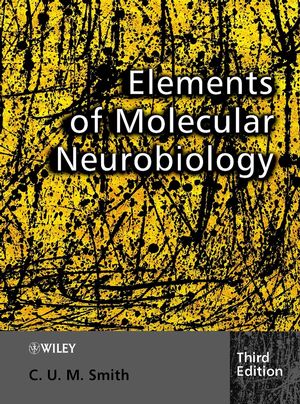Elements of Molecular Neurobiology, 3rd EditionISBN: 978-0-471-56038-8
Paperback
632 pages
November 2002
 This is a Print-on-Demand title. It will be printed specifically to fill your order. Please allow an additional 10-15 days delivery time. The book is not returnable.
|
||||||
This edition of the popular text incorporates recent advances in
neurobiology enabled by modern molecular biology techniques.
Understanding how the brain works from a molecular level allows
research to better understand behaviours, cognition, and
neuropathologies. Since the appearance six years ago of the second
edition, much more has been learned about the molecular biology of
development and its relations with early evolution. This "evodevo"
(as it has come to be known) framework also has a great deal of
bearing on our understanding of neuropathologies as dysfunction of
early onset genes can cause neurodegeneration in later life.
Advances in our understanding of the genomes and proteomes of a
number of organisms also greatly influence our understanding of
neurobiology.
* Well known and widely used as a text throughout the UK, good reviews from students and lecturers.
* Good complement to Fundementals of Psychopharmacology by Brian Leonard.
This book will be of particular interest to biomedical undergraduates undertaking a neuroscience unit, neuroscience postgraduates, physiologists, pharmacologists.
It is also a useful basic reference for university libraries.
Maurice Elphick, Queen Mary, University of London
"I do like this book and it is the recommended textbook for my course in Molecular Neuroscience. The major strength of the book is the overall simplicity of the format both in terms of layout and diagrams."
* Well known and widely used as a text throughout the UK, good reviews from students and lecturers.
* Good complement to Fundementals of Psychopharmacology by Brian Leonard.
This book will be of particular interest to biomedical undergraduates undertaking a neuroscience unit, neuroscience postgraduates, physiologists, pharmacologists.
It is also a useful basic reference for university libraries.
Maurice Elphick, Queen Mary, University of London
"I do like this book and it is the recommended textbook for my course in Molecular Neuroscience. The major strength of the book is the overall simplicity of the format both in terms of layout and diagrams."



